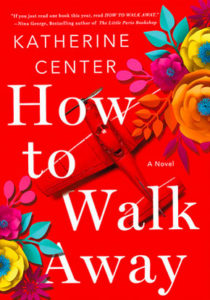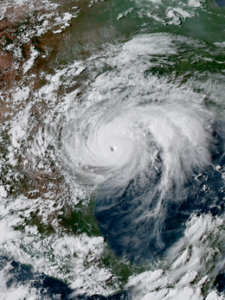When any great loss occurs, we need time and a way to process that loss. It’s difficult enough when one loses a beloved car or musical instrument, photos, books, a favorite chair – but when one loses all of it at once – one’s house and nearly everything in it – and when whole neighborhoods are inundated, the loss becomes one that all of us in the region must process, either directly or indirectly. It’s as if there is a toxic gas release or poisons in the water – the malaise affects us all, in one way or another.
There is also the matter of processing the grief that follows loss. Even though this is a different sort of grief than the loss of a family member or friend, still one is haunted by what is missing, or what happened down the road (especially in the quiet hours of the night, when one has time to reflect).
Writing through the grief – acknowledging somehow what happened and what it means to us – is one way to metabolize and learn to live with loss. It’s also cathartic in such circumstances to know those things for which one is grateful, and to whom one is grateful, and to pay tribute to them.
To demonstrate the way creative writing—some unleashing of the unconscious—can help after Harvey, a few weeks ago, at an Inprint Board of Directors meeting, after we were officially adjourned, Cait Weiss Orcutt—a poet, Inprint C. Glenn Cambor/MD Anderson Foundation Fellow, experienced writing teacher, and PhD candidate at the University of Houston Creative Writing Program—led us in a writing exercise to show how one might write creatively in response to trauma, and emerge from the experience both slightly relieved and with a text one might expand upon, and perhaps eventually share with others. Continue reading →
 Katherine Center, How to Walk Away: A Novel
Katherine Center, How to Walk Away: A Novel

 This is the final entry in a series of micro essays on Hurricane Harvey by participants in Inprint’s nonfiction workshop led by poet
This is the final entry in a series of micro essays on Hurricane Harvey by participants in Inprint’s nonfiction workshop led by poet